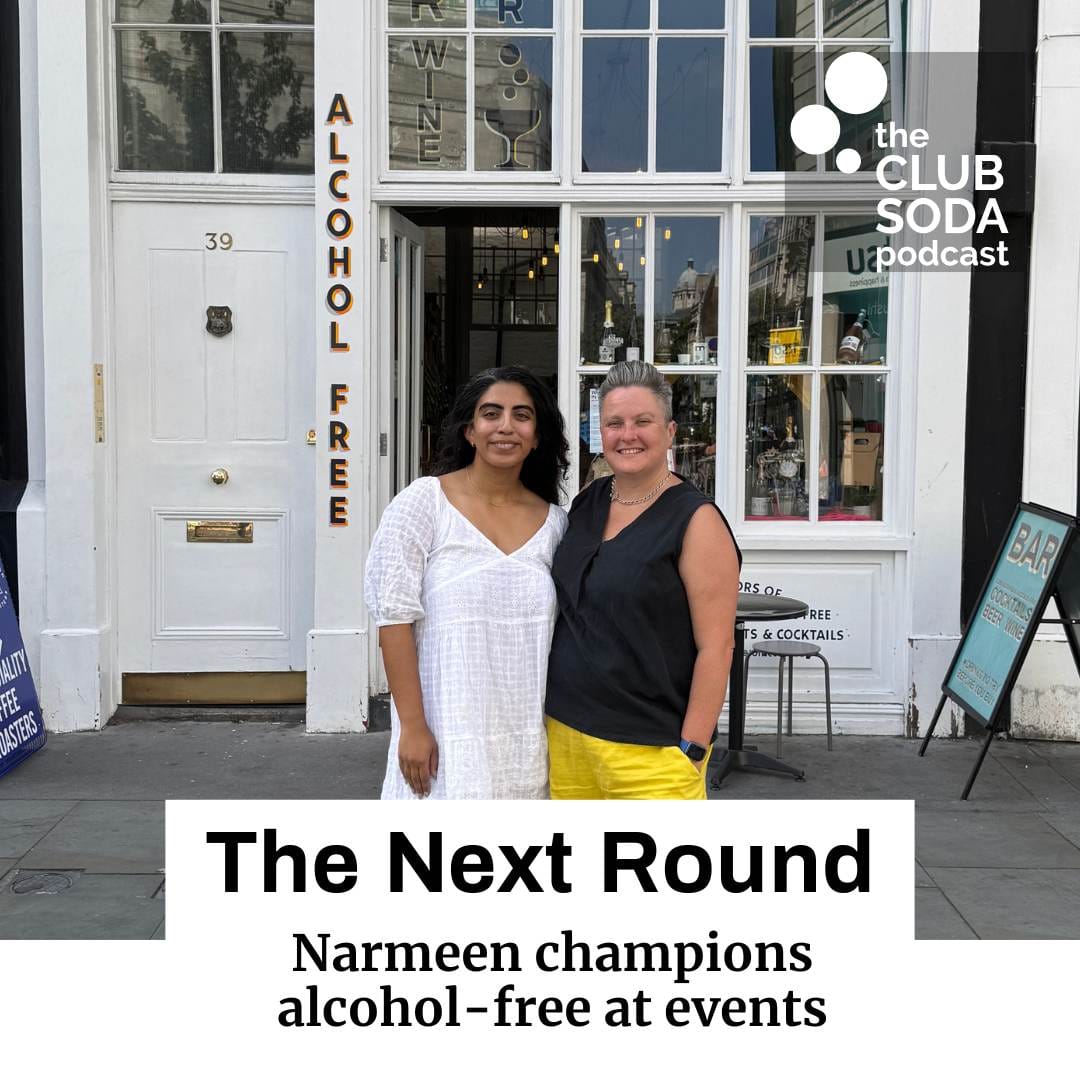
This website uses cookies to improve your experience. We'll assume you're ok with this, but you can opt-out if you wish. Read More
The Next Round: What happens after you change your drinking?
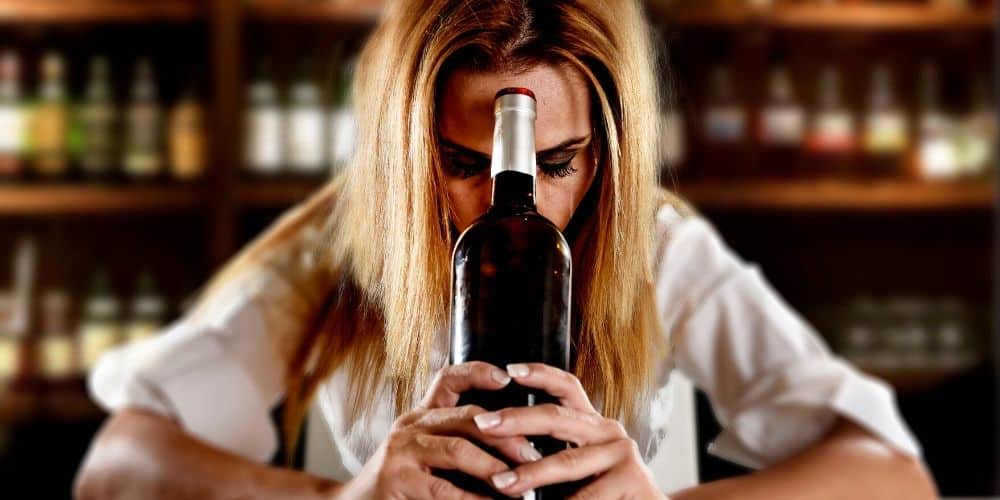

It’s 4am. You are sleepless, drunk and worried. Your drinking feels out-of-control, and not for the first time. So you ask Google, “am I an alcoholic?” Suddenly, your search results are filled with quizzes, warnings, information about meetings, adverts for rehab.
If you’ve fallen down the alcoholic rabbit hole, we can help you find the way out.
Alcoholic is a word we avoid using in Club Soda, at least as a way of describing people. Your drink might be alcoholic, but people are more complicated. Even if alcohol is consuming your life right now, you are more than your drinking. Hold on to that truth.
Calling yourself an alcoholic dissolves the boundary between you and the problems you need to solve. Is your drinking making you unhappy right now? Has it stopped giving you the benefits that it once did? Does drinking feel like a punishment rather than a pleasure? Is alcohol overwhelming your waking hours? These are real problems to solve, and challenges to face up to honestly. But they don’t define who you are.
Recovery from problem drinking means reclaiming who you are. So labelling yourself as an alcoholic could be a step in the wrong direction. And wasting time struggling with the stigma of calling yourself an alcoholic might actually be a diversion tactic, one that you may be subconsciously using to avoid making positive changes.
You can acknowledge that your drinking is a problem. You can get the help you need to change. But you don’t have to call yourself an alcoholic.
The word alcoholic is also associated with some other ideas about the nature of drinking problems and what you should do about them. Here are three ideas you may have heard:
Don’t accept any of these ideas as facts.
The story you’ve heard, that alcoholism is a progressive and incurable illness that can only be arrested by sobriety, is just a story. And it’s also not true.
Alcoholism is an old-fashioned shorthand for a complex bundle of issues including biological, psychological, and social dependency, compulsive behaviours, repeated habits, learned behaviours and deep emotional challenges. Medical professionals increasingly describe these elements as part of an alcohol use disorder. But whatever label you give it – alcoholism and alcohol use disorder – it plays into the idea that alcohol addiction is a disease.
That’s a view that’s being challenged by modern neuroscience and behaviour change science. As the neuroscientist, Marc Lewis, writes in his book The Biology of Desire (Amazon UK // Amazon US), “disease may be a useful metaphor for how addiction seems, but it’s not a sensible explanation for how addiction works.”
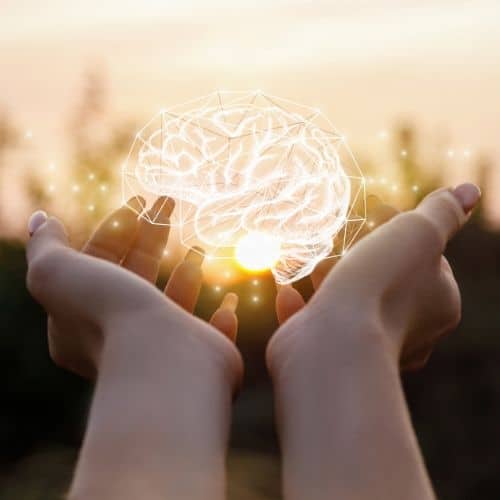
Over time, repeated drinking drives deep ruts in your neural pathways. If your drinking has become compulsive, you have changed your brain. That’s part of why you fall in the same habits over and over again, long after those habits give you any benefits. It’s a scary thought. But it’s just how your brain works.
As Lewis explains in his book, addiction is a result of our brains continually changing and adapting as we learn. Addiction is simply learning that’s accelerated and deepened. The measurable brain changes that happen in addiction share characteristics with other intense and repeated experiences. Through the lens of a brain scan, becoming addicted looks just like falling in love, says Lewis:
“Both addictions and love affairs are ignited by attraction – highly rewarding until they start to cause more trouble than they’re worth. They are both amazingly difficult to walk away from until their consequences become intolerable. And they both satisfy potent emotional needs or they would not be so captivating.”
Alcohol addiction does change your brain, as love does. But this isn’t a one-way process. The measurable brain changes that characterise addiction will begin to disappear when people stop using. Subtle changes may remain, just like you feel occasional pangs of longing for an ex-lover. But drinking hasn’t broken your brain beyond repair.
Alcohol addiction isn’t a disease to be cured, or an illness to live with as a long-term condition. It’s just the unfortunate outcome of a normal neural mechanism that evolved because desiring things was helpful to our ancestors’ survival. But you can teach your brain new things: self-forgiveness, insight, willpower, determination, love and mindfulness. All these practices can help you develop beyond a compulsive and damaging relationship with alcohol.
Your brain can change, because it is always changing.
You can change, because you are always changing.
Another problem with the word alcoholic is that it permanently centres your life on alcohol.
If right now, your life revolves around drinking and thinking about drinking, it can feel like alcohol isn’t just the centre of life, but all of it. Admitting you have a problem, and honestly facing the difficulties you have caused for yourself and others, is an important step in dislodging alcohol from the centre of life and beginning to live differently.
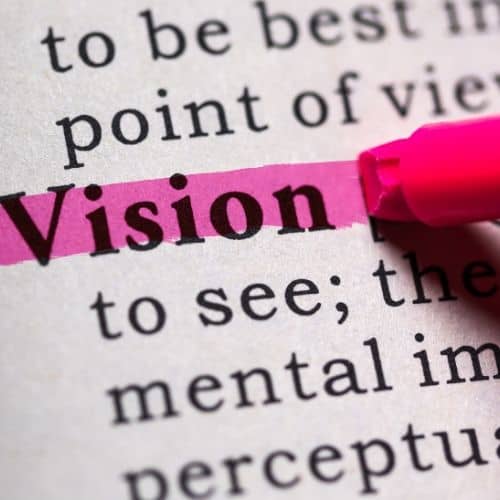
But successful, long-term change isn’t just about not wanting alcohol. It’s also about wanting something else even more. The life you imagine after alcohol is important. And there is life after alcohol. You can get beyond this moment. And you don’t have to define the rest of your life based on your experiences right now.
It’s simply not true that once you are an alcoholic, you are always an alcoholic. As you’ve already discovered, your brain will change as you learn new ways of being in the world. You don’t need to permanently shackle yourself to an identity from this point in time.
You are so much more than your problematic relationship with alcohol.
As the author and addiction specialist, Valerie Mason-John, writes in Eight Step Recovery (Amazon UK // Amazon US):
“To recover, we need a vision that is bigger than our addiction. We need to want the vision to be realised, more than we want the glass of wine, line of coke, that gamble, chocolate bar, or our compulsive behaviours. We need to listen to our heart’s whisper that actually does want recovery, more than to the loud clashing thoughts of our addictions.”
The final and possibly most pernicious idea associated with alcoholism is powerlessness. Indeed, in the twelve-step tradition, admitting your powerlessness over alcohol is the first step.
This runs completely counter to everything we now know about how change really happens.
In 1977, psychologist Albert Bandura published his seminal paper Self-efficacy: Toward a Unifying Theory of Behavioural Change. His central idea was a simple one. In order to pursue any goal, we must have some confidence that we can achieve that goal.
In even briefer summary, if you want to change, you need to believe that you can.
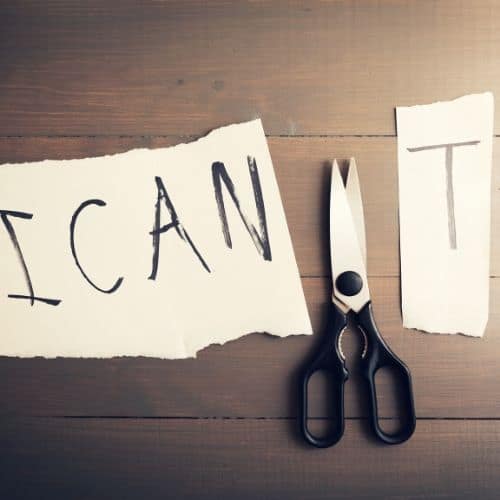
In countless studies, self-efficacy has been shown to be an important predictor of success. A report into good and bad help published by Nesta (which features Club Soda) highlighted the importance of self-efficacy in enabling long-term change. And for this good and simple reason: People who believe they can beat their addictions are more likely to be successful.
And yet, treatment programmes and other interventions continually play down the importance of self-efficacy. Why?
Perhaps because the myth of powerlessness is useful to the story that alcoholism is a disease, that alcoholics are permanently broken and that they can never get beyond an alcoholic identity. That story of powerlessness fuels not just a massive rehab industry, but stigma, despair and hopelessness. Powerlessness reinforces the disadvantage already faced by women, people of colour, LGBT+ people and marginalised communities. Powerlessness hurts people.
Self-efficacy is the opposite of powerlessness. It’s time to start believing in yourself.
If you’re reading this article, you are already thinking about change. But you need a better question than “am I an alcoholic?” So try this instead.
“How happy am I with my drinking right now?”
Of all the questions you could ask, this the most important. We live in a world that is obsessed with how much we are drinking and uses those measures to give us labels. In Club Soda, we think how much you drink is relatively unimportant, and we’re not particularly interested in labels. We only care how you feel about your drinking. You could be drinking a little or a lot, but if you’re unhappy with your drinking in any way, it’s worth making some changes.
And whatever else you take from this article, remember this: You can change. If you’ve been in deep difficulty with drinking for some time, we’re not going to pretend that change is easy. You’ve probably tried to moderate or quit before, and you may have lost confidence in your ability to change at all. But it is possible. If you need some inspiration, our blog is full of inspiring stories of people just like you, who have put alcohol in its place and started living the life they imagine.
If you want to start the process of learning to think differently about alcohol, Club Soda runs courses. Our introductory three-day short course, How to Change Your Drinking, includes a comprehensive self-assessment with personalised feedback on the patterns of your drinking and practical tips to start changing. Or dive straight into an intensive course, How to Stop Drinking, for 31 thought-provoking and in-depth online lessons, personal reflections and practical exercises to build your skills and confidence to build a life beyond alcohol.
Club Soda has helped thousands of people change their drinking. If we can do it, you can do it. Join us.
This website uses cookies to improve your experience. We'll assume you're ok with this, but you can opt-out if you wish. Read More
| Name | Domain | Purpose | Expiry | Type |
|---|---|---|---|---|
| wpl_user_preference | joinclubsoda.com | WP GDPR Cookie Consent Preferences. | 1 year | HTTP |
| PHPSESSID | www.tickettailor.com | PHP generic session cookie. | 55 years | HTTP |
| AWSALB | www.tickettailor.com | Amazon Web Services Load Balancer cookie. | 7 days | HTTP |
| YSC | youtube.com | YouTube session cookie. | 55 years | HTTP |
| Name | Domain | Purpose | Expiry | Type |
|---|---|---|---|---|
| VISITOR_INFO1_LIVE | youtube.com | YouTube cookie. | 6 months | HTTP |
| Name | Domain | Purpose | Expiry | Type |
|---|---|---|---|---|
| _ga | joinclubsoda.com | Google Universal Analytics long-time unique user tracking identifier. | 2 years | HTTP |
| sbjs_migrations | joinclubsoda.com | Sourcebuster tracking cookie | 55 years | HTTP |
| sbjs_current_add | joinclubsoda.com | Sourcebuster tracking cookie | 55 years | HTTP |
| sbjs_first_add | joinclubsoda.com | Sourcebuster tracking cookie | 55 years | HTTP |
| sbjs_current | joinclubsoda.com | Sourcebuster tracking cookie | 55 years | HTTP |
| sbjs_first | joinclubsoda.com | Sourcebuster tracking cookie | 55 years | HTTP |
| sbjs_udata | joinclubsoda.com | Sourcebuster tracking cookie | 55 years | HTTP |
| sbjs_session | joinclubsoda.com | SourceBuster Tracking session | Session | HTTP |
| Name | Domain | Purpose | Expiry | Type |
|---|---|---|---|---|
| mailchimp_landing_site | joinclubsoda.com | Mailchimp functional cookie | 28 days | HTTP |
| __cf_bm | tickettailor.com | Generic CloudFlare functional cookie. | Session | HTTP |
| NID | google.com | Google unique id for preferences. | 6 months | HTTP |
| Name | Domain | Purpose | Expiry | Type |
|---|---|---|---|---|
| _ga_10XZMT03ZM | joinclubsoda.com | --- | 2 years | --- |
| AWSALBCORS | www.tickettailor.com | --- | 7 days | --- |
| cf_clearance | tickettailor.com | --- | 1 year | --- |
| VISITOR_PRIVACY_METADATA | youtube.com | --- | 6 months | --- |
Join Club Soda for 10% off your first order of drinks for UK delivery. Plus get our latest news and special offers for members to choose better drinks, change your drinking and connect with others.
If you get an error message with this form, you can also sign up at eepurl.com/dl5hPn